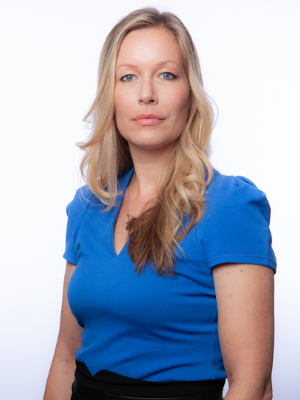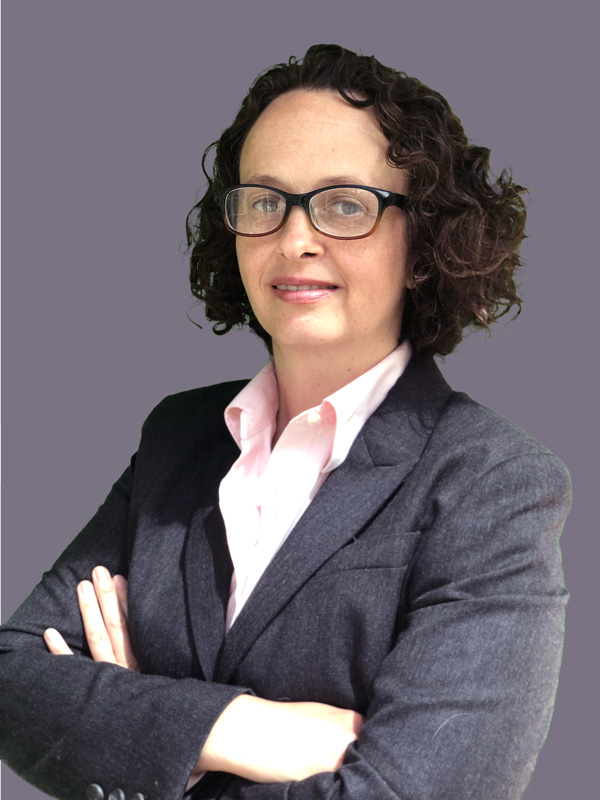 Spring is upon us, and chances are you’re already planning your vacation days away from the office this summer. If the mix of life, work, and the world has you longing for more than a fleeting getaway, it’s the moment for a deeper reset.
Spring is upon us, and chances are you’re already planning your vacation days away from the office this summer. If the mix of life, work, and the world has you longing for more than a fleeting getaway, it’s the moment for a deeper reset.
A retreat, focused on reconnecting with yourself, can bring rejuvenation and clarity and be a huge antidote to overwhelm and burnout. Especially if you’ve begun to question your current career trajectory, or simply how you navigate your priorities within it, taking a step back to check in with yourself is invaluable, and can bring you back to your deeper resources of inner power.
Are your life and work aligned with who you are now, what you value, and what you find most fulfilling? Do you still want what you once thought you wanted, when it comes to the career choices you are making? No matter what the answers may be, taking a pause to gain perspective will bring clarity to the path.
A retreat isn’t just about pressing pause; it’s about resetting, realigning, and stepping back into life and all of your choices with renewed vision and energy.
1) Take a break from distractions.
Social media overload? As executive and leadership coach Nicki Gilmour writes, “In a world overflowing with distractions, tapping into your own voice and ignoring nonsense is a powerful act of self-care and productivity.”
In a week-long retreat, full of relaxing and beautiful surroundings, nurturing and connective gatherings, and therapeutic body treatments, you’ll spend far less time on your phone and receive the benefits of digital detoxing – such as better mental health and better sleep – as you turn the noise way down.
2) Be nurtured and rest your decision-making.
Vacations from work can be fun, but they often leave you just as exhausted as when you left. At a women’s retreat, you can relax into simply being a guest and being nurtured by your hostess, the retreat center, and your surroundings.
Retreat activities like meditation, yoga, and somatic movement can help to relieve stress from the body. Even brief retreats have been shown to reduce stress and anxiety levels and improve biological markers of inflammation. A women’s retreat will also remind you that self-care is not something you prioritize for one week.
3) Get out of the well-oiled thought loops.
Do you ever feel like your mind is on repeat? In a given day, up to 90% of your thoughts are repetitive, and this reinforces the same beliefs, sense of self, habits, and choices. This makes it difficult to tune in. By stepping into a different context, usually outside of your comfort zone, you disrupt your habitual thought patterns.
At a retreat, you can also rest your decision fatigue and responsibilities, and relax into an experience curated to allow spaciousness and reflection. When you clear the busyness, new rhythms and insights arise.
4) Reconnect with your body’s wisdom.
The office can push you to live in your head and disconnect from your physical self, even when it comes to overriding your body’s natural rhythms for rest and play. At a retreat, you will get out of your mind and move into your body and your heart. When you do, you have more access to feel what you really feel, be as you really are, and sense what you want to create in your life now.
Whether breathing, meditation, tai chi, yoga, or somatic movement, a women’s retreat will encourage you to connect with the rich and embodied insight that lives in your being and cellular awareness. You have the space to establish the feminine connection with your deep knowing and intuition. You become more aware of how life wants to uniquely move through you, so you can embrace a more heart-led adventure.
5) Put down roles and get back to your essence.
High level professional woman wear so many hats, sometimes it can feel like you simply go from one role to the next, faster than you can change them, which leads to craving time for yourself. Who are you beneath the identities, labels, and real and perceived expectations?
Who were you before them, who are you with them, and what of yourself have you put away? A retreat helps you detach and remember your essence. This often includes remembering vivid energies that have gone dormant in the push and pull.
6) Discern your inner voice from your energetic ecosystem.
What we don’t realize is how much the energetic eco-system is determining how we live. It’s easy to fall into living life from the outside-in simply based on consensus. Similar to the notion we are the average of the people we spend the most time with, your beliefs, mentality, values, ways to spend time and money, and sense of possibilities are impacted by what is normalized in your culture and immediate social circle.
Stepping away and listening within gives you space from outside influences to discern your own heart and values. You unearth the truths poking at you from under the surface, guiding you to live from the inside-out. Sometimes this includes admitting what you know but are trying to deny knowing.
7) Get distance from habitual socializing.
It’s easy to slide into routines of social contracts with others whether a partner, co-workers, or friends. You create blueprints related to how you spend time together, what you talk about, what you do, what you eat or drink together. Which of these things enrich you, and which are simply habits you’re going along with?
When away from your usual social routines, and engaging in nourishing activities which reconnect you with yourself, you begin to consider if your habitual social dynamics resonate with who you are now. Do they fill you up? Or are some things ready to go so you can cultivate more of what nurtures and enlivens you?
8) Experience next level support from other women.
A third of daily speech is small talk. In a women’s retreat, you are given the opportunity to immerse in far more than surface chats. Because when you get a bunch of women in the same room who are asking deeper questions or focusing on reconnecting with themselves, the conversation changes, and it impacts the conversation you have with yourself, too.
Another advantage of going on a women’s retreat is nobody has preconceptions of who you are. You have a space to explore openly. The level of trust and authenticity able to be built between a group of women is amazing. Far more nourishing than networking is a room in which all agendas are checked – and you can be seen, heard, and validated for who you are.
9) Shift your perspective on life.
While a change of scenery brings a fresh outlook, a transformational women’s retreat challenges your perceptions at a deeper level. Our perceptions define much of our life experience, but how many of the lenses you carry about yourself and the world are serving you?
Within a women’s retreat focused on honing attention inwards, you may uncover limiting beliefs, outdated narratives, and hidden desires shaping your life which you no longer wish to ascribe to. Where are you still telling yourself you “should” or “need” to be or do or have something? Where are you committing to something you don’t actually want to?
10) Awaken to new possibilities.
Whether it’s a renewed sense of purpose, clarity about a life change, or simply remembering the connection to your inner voice, retreats unlock something powerful. Emboldened by the support of other women, you are more inclined to move from a place of possibility in your life.
If you’ve been in a liminal space, aware you are moving towards change but unclear of what it even is, a retreat can be a place that helps you to find more clarity and courage to begin making steps in a new direction.
More Than a Getaway—A Gateway to Your Inner Power
This summer, instead of another trip that fades into memory, why not embark on a journey that rejuvenates and transforms you from within? A women’s retreat isn’t just a trip away —it’s an invitation to return to yourself.
Aimee Hansen is founder and lead facilitator of Storyteller Within and is based on Lake Atitlan in Guatemala. The Journey Into Sacred Expression women’s retreat has been recommended by Lonely Planet Wellness Escapes and The Write Life. Join her this summer amidst volcanic landscapes for a self-exploratory writing journey, meditation, yoga, movement and ceremonies on July 26 – August 4, 2025. Follow her and Storyteller Within on instagram.




